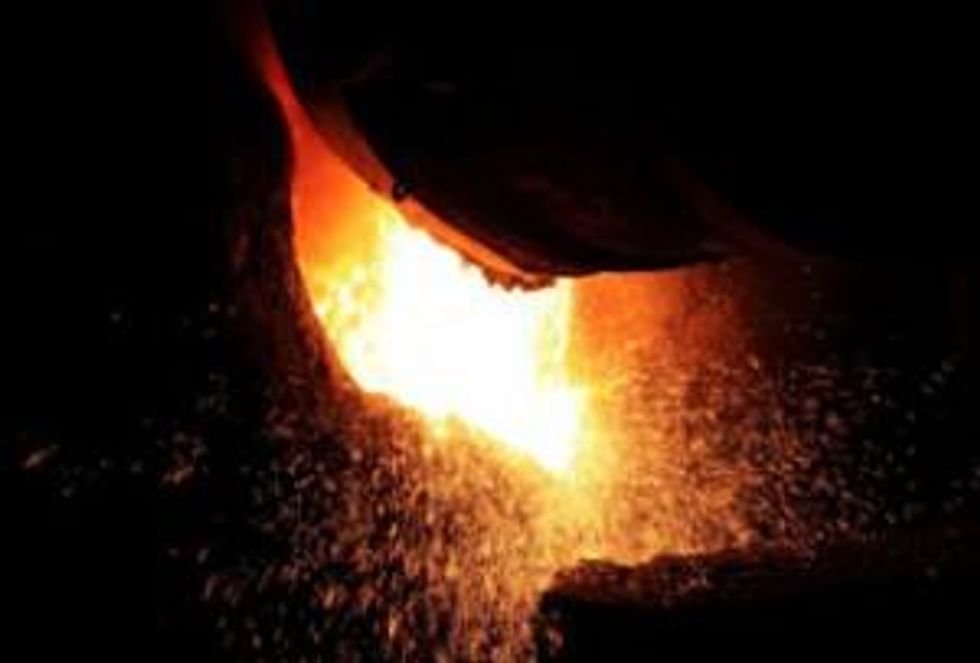Karnataka Ban on Iron Exports Urges China to Find Other Import Sources
Prices for iron ore might be on the rise following Friday’s announcement that Karnataka High Court will be continuing to uphold the State’s ban on iron ore exports.
By Vivien Diniz – Exclusive to Iron Investing News
Prices for iron ore might be on the rise following Friday’s announcement that Karnataka High Court will be continuing to uphold the State’s ban on iron ore exports. This measure has lead to a projected tightening of global iron ore availability, which could affect the price of the metal.China is the country most impacted by this ban. Exports from Karnataka account for one quarter of the Indian supplies in China. In October, India exported 2.91 million tons less iron to China, which is 44 percent less than the same period last year. The slowdown has prompted China to find other sources of iron, upping demand in larger quantities from other markets. Unfortunately, for the smaller steel makers in China, seeking out more distant sources may prove to be a costly affair.
“It is a wake-up call. There is still a lot of demand for Indian iron ore among hundreds of small and medium steel makers in China, who find it more economical as compared to ores from Brazil and Australia. India should make efforts to preserve this traditional market,” said B. Goswami, an iron ore expert and president of International Inspection and Consultancy.
As a result of the high demand out of China’s growing economy, Latin American countries are seeing a rise in their economy. Currently, Brazil is China’s largest trade partner, accounting for more than 12 percent of exports to the Asian country. Moreover, exports from Asia to Latin American have also seen an increase. The four dominant commodity exports are copper alloys, iron ore and concentrates, soybeans and other seeds, as well as ore and base metal concentrates.
Recently, Brazilian iron ore mining company MMX Mineracao e Metalicos SA (SAO:MMXM3) began exporting iron to China. The company has plans to boost its iron ore production capacity from 10.8 million tonnes in 2009 to 47 million tonnes by 2015.
Australia has also seen an increased demand from Asia. The Australian Bureau of Agriculture and Resource Economics stated that the energy and iron ore sectors were experiencing a higher demand of late. Iron ore projects have risen 13 percent. The thriving demand for Australia’s mining and energy exports to Asian consumers has helped the country ride out the global financial crisis.
However, China could cut lending to the construction sector, lowering demand for steel, and as a result, iron ore. It is important to note that “China’s trying to cool the economy, not stop it. It’s probably going to have a short-term effect on iron ore, but the medium-term outlook for steelmakers is still very much positive,” said James Wilson, analyst at the Royal Bank of Scotland, pointing to the production expansion plans of major Chinese firms such as Baosteel.
